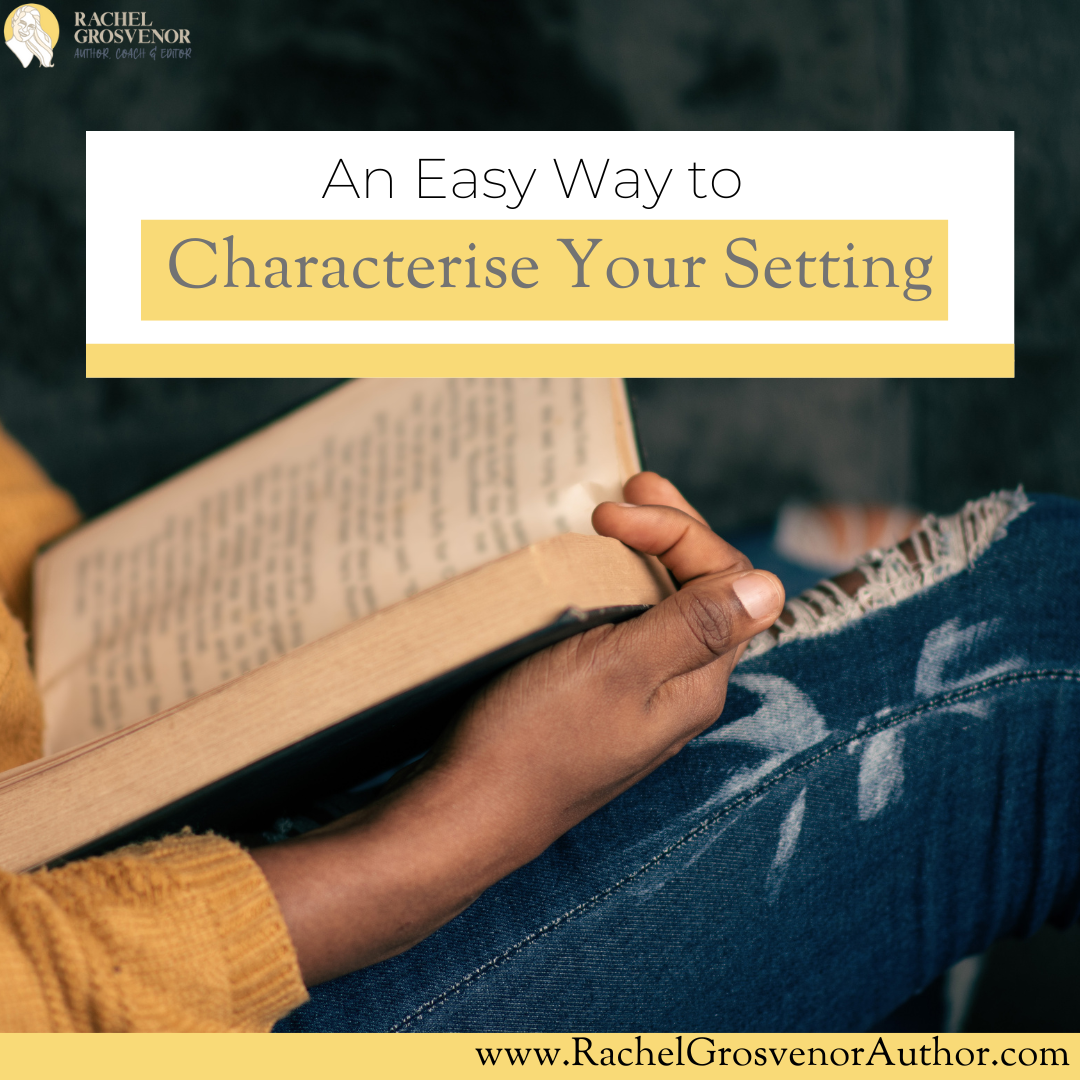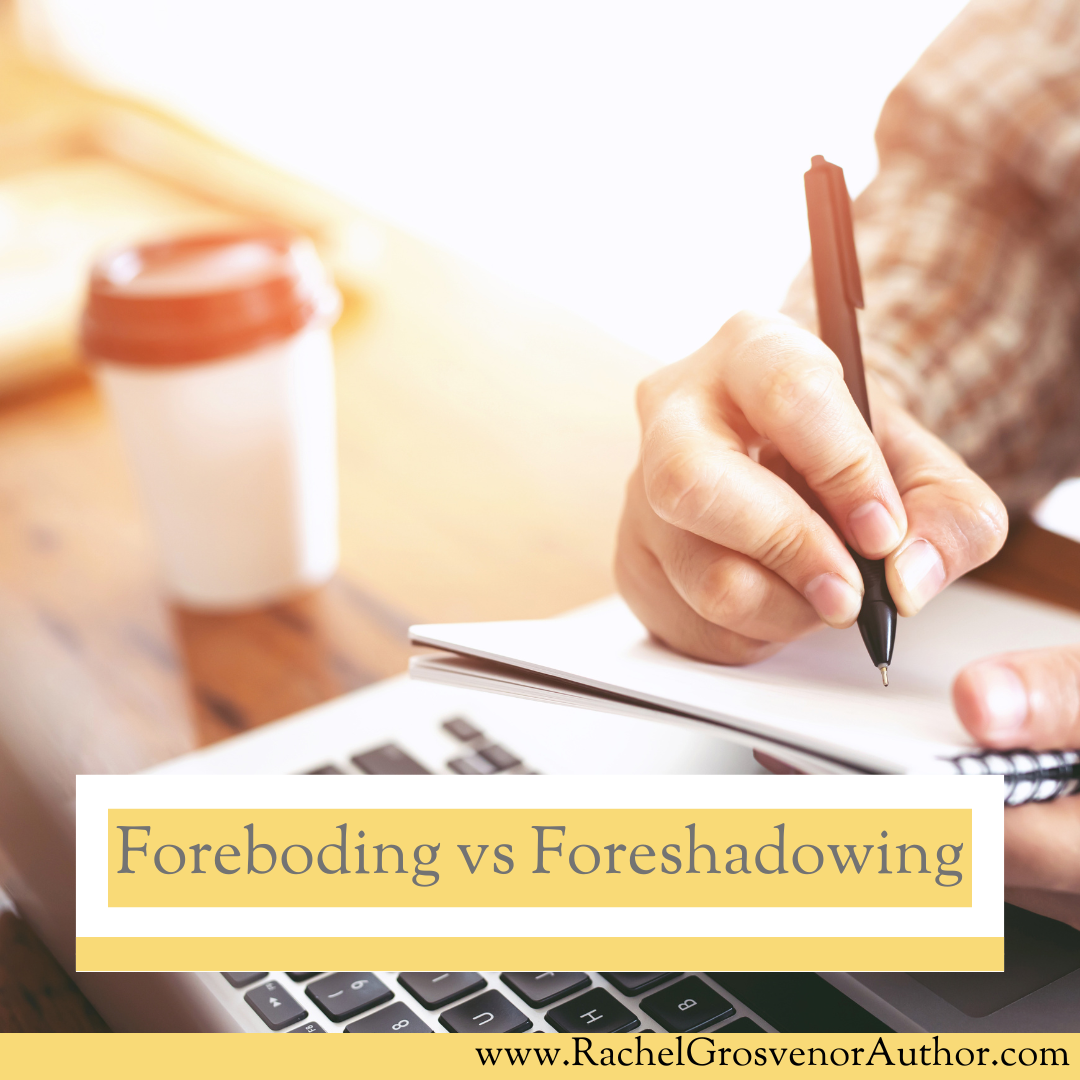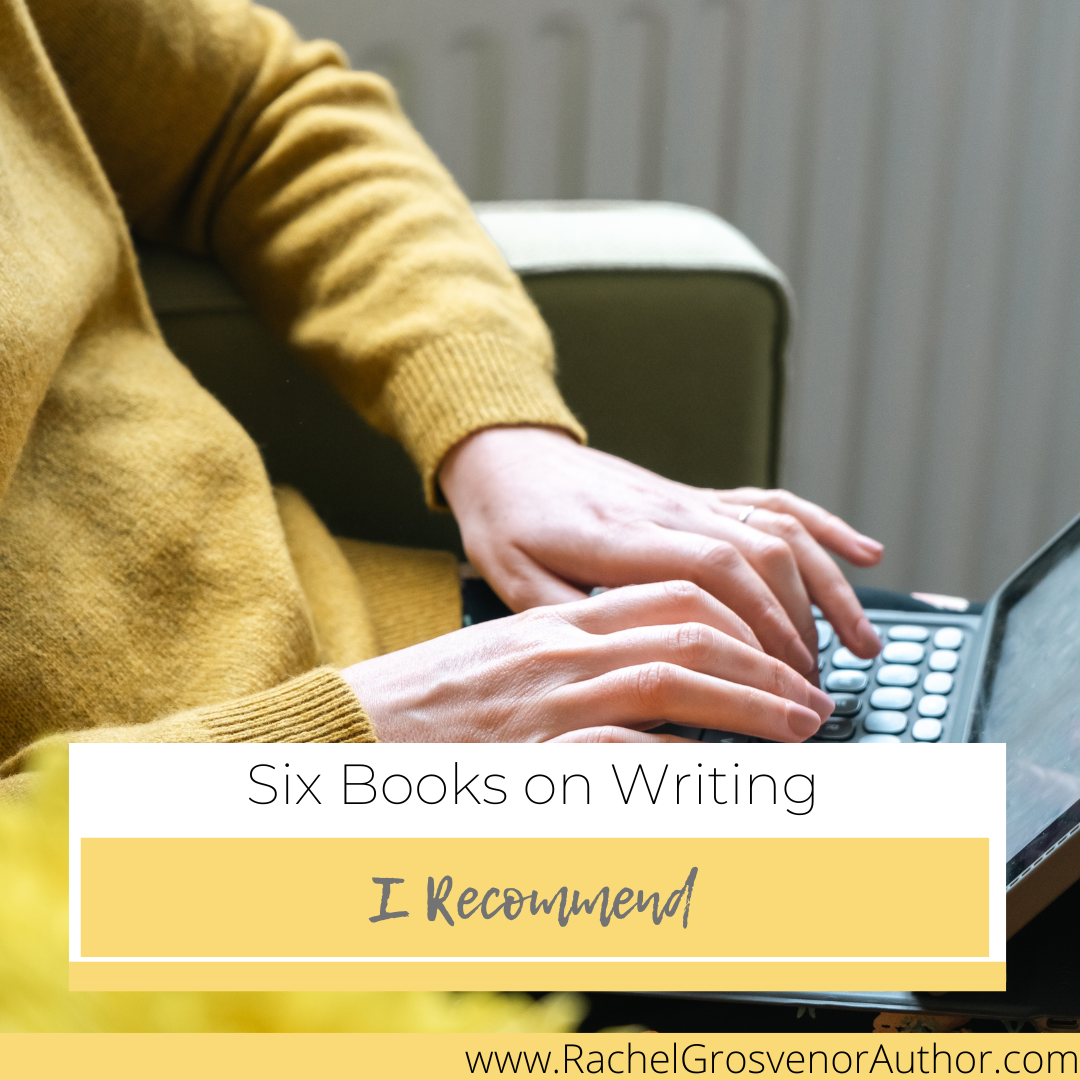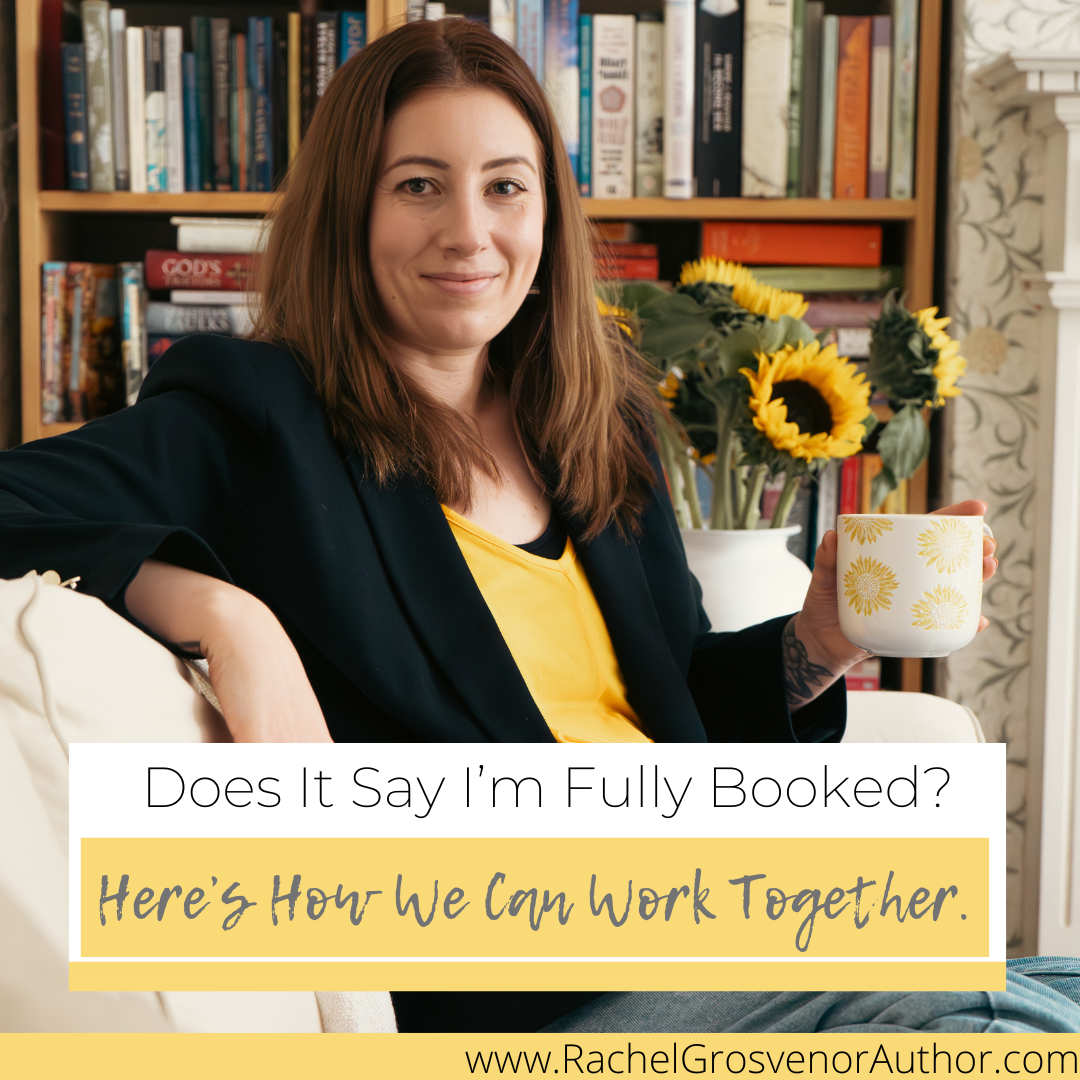Writers and readers often discuss setting as a character, which usually means that the setting impacts a story or the character to such an extent that it becomes lifelike.
The setting and environment play an active role in the story, like the marsh in Where the Crawdads Sing (Delia Owens). The marsh, the creatures that live within it, the way it impacts the tension in the novel (doing my best not to give away any spoilers here), how it works with the main character and the plot, turns into more than a setting: it is a living character in the story.
But how do we characterise our setting?
Let’s break it down and make it simple, using Where the Crawdads Sing as inspiration:
Behaviour: How does your world behave? In Where the Crawdads Sing, the marsh is a living thing, providing education, food, a living, creativity, and more, for the main character.
Culture: What do people know and believe about your world? In Where the Crawdads Sing, the marsh is not inhabited by the townsfolk. It is viewed as a nuisance place, disliked by the general population for the very reasons the main character loves it. The fact that the main character is left alone plays a huge role in both her story and the overall plotline.
Secrets: What lies beneath that shiny veneer of your world? In Where the Crawdads Sing, the marsh keeps the deepest secrets that only the main character knows. The other townsfolk try to find out but do not know the space as the main character does. The secrets are even mentioned in the text:
“The marsh did not confine them but defined them and, like any sacred ground, kept their secrets deep. No one cared that they held the land because nobody else wanted it. After all, it was wasteland bog.” (Delia Owens)
So, do you want the easy way to remember these three hints at turning your setting into character? Next time you’re struggling to remember how to do this, remember the following mnemonic device (I’ve come up with this, so I’m sorry if this is a cringer. You become a bit cringe in your middle age and care less and less about it):
- Become (behaviour)
- Character (culture)
- Setting (secrets)
There you go. I hope this was useful, and I can’t wait to see your setting character develop! Or, if I have just encouraged you to read Where the Crawdads Sing, that’s no bad thing.








 So, how can Maslow’s Hierarchy of Needs teach us about and help us develop our characters? It’s all about their motivation. Motivation is the thing that drives your character and story forward.
So, how can Maslow’s Hierarchy of Needs teach us about and help us develop our characters? It’s all about their motivation. Motivation is the thing that drives your character and story forward.